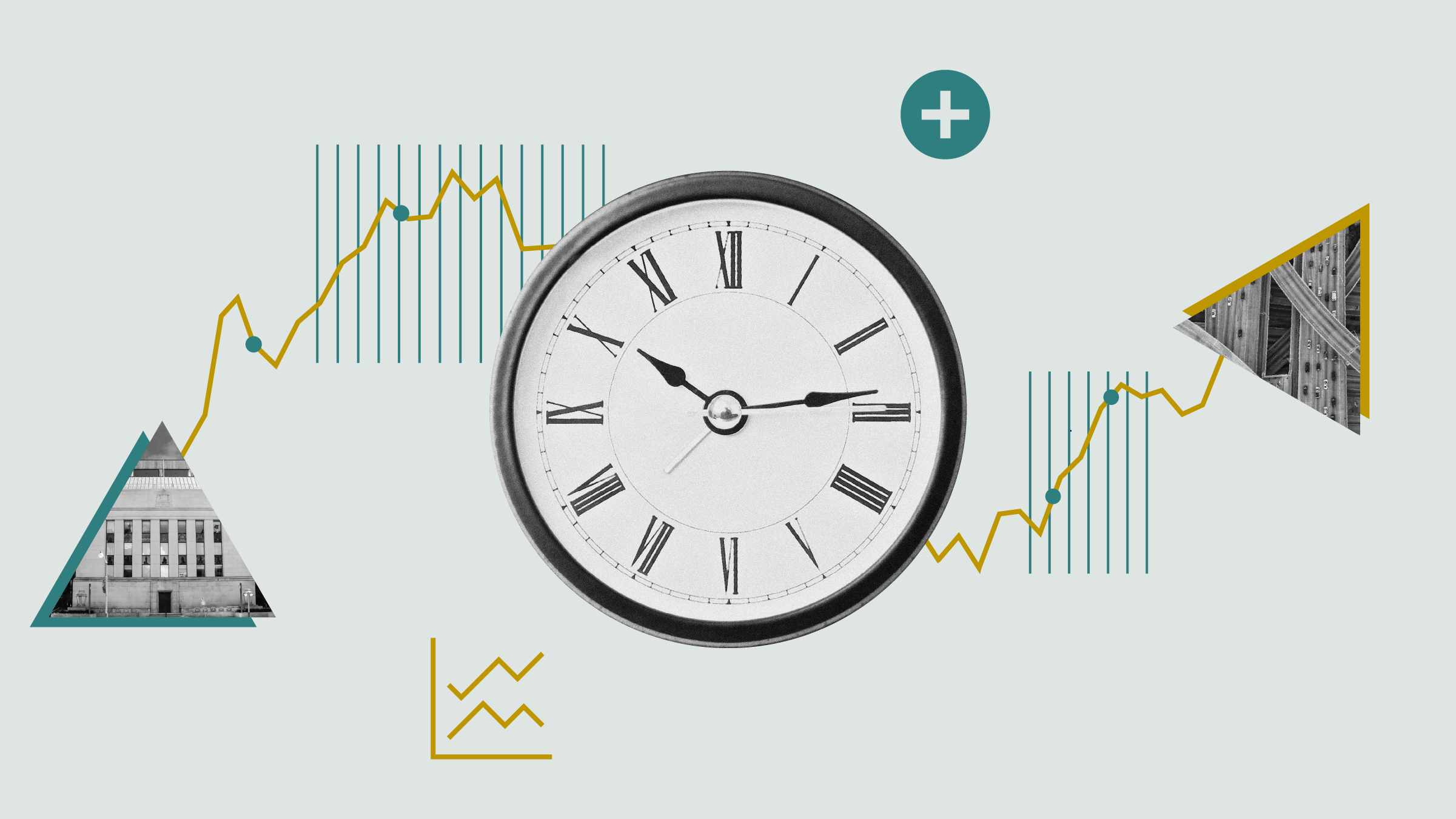
The United States has by far the world’s largest stock market, with many opportunities for investors. Exchange-traded funds can make it easier and cheaper to add US stocks to a portfolio than traditional mutual funds.
For Canadian investors looking to invest in US stock ETFs, there are nine funds that Morningstar has given Gold Medalist Ratings, meaning we believe they have the greatest chance of outperforming their categories over the long term. All nine are index funds; six of them track variations on the S&P 500, while the other three track broader total-market indexes.
- iShares Core S&P 500 ETF XUS
- Vanguard S&P 500 ETF VFV
- BMO S&P 500 ETF ZSP
- iShares Core S&P 500 ETF (CAD-Hedged) XSP
- BMO S&P 500 Hedged to CAD ETF ZUE
- Vanguard S&P 500 ETF CAD-Hedged VSP
- iShares Core S&P US Total Market ETF XUU
- Vanguard US Total Market ETF VUN
- iShares Core S&P US Total Market ETF CAD-Hedged XUH
Screening for the Best US Stock ETFs
We screened the Morningstar US equity fund category for strategies with Gold Medalist Ratings that are 100% assigned by Morningstar analysts (rather than indirectly or quantitatively assigned).
Here’s a closer look at the best US stock ETFs for Canadian investors. A table with their recent performance is at the end of this article.
iShares Core S&P 500 ETF
- Morningstar Medalist Rating: Gold
- Morningstar Rating: 5 Stars
Vanguard S&P 500 ETF
- Morningstar Medalist Rating: Gold
- Morningstar Rating: 5 Stars
BMO S&P 500 ETF (CAD)
- Morningstar Medalist Rating: Gold
- Morningstar Rating: 5 Stars
These funds all track the S&P 500, an index of the large-cap stocks that make up roughly 80% of the US stock market’s capitalization. Each is described as being a “best-in-class option for large-cap investors,” by Morningstar associate manager research analyst Brendan McCann. “The end portfolio is well-diversified and accurately represents the US large-cap opportunity set. This allows the strategy to closely track the performance of the large-cap market.”
The BMO and Vanguard funds have manager expense ratios of 0.09%, while the iShares ETF is slightly cheaper, with an expense ratio of 0.08%.
iShares Core S&P 500 ETF (CAD-Hedged)
- Morningstar Medalist Rating: Gold
- Morningstar Rating: 3 Stars
BMO S&P 500 Hedged to CAD ETF
- Morningstar Medalist Rating: Gold
- Morningstar Rating: 3 Stars
Vanguard S&P 500 ETF CAD-Hedged
- Morningstar Medalist Rating: Gold
- Morningstar Rating: 3 Stars
All three of these funds track currency-hedged versions of the S&P 500. Currency-hedging is a strategy that uses derivatives to counteract fluctuations in the exchange rate between different currencies (in this case, the US dollar and Canadian dollar). All three funds have the same manager expense ratio of 0.09% and are considered “best-in-class” options by McCann.
“While hedged funds mitigate currency risk, the costs of hedging can negatively affect returns,” says McCann. “Unhedged funds are exposed to fluctuations in currency, but the impact of foreign-exchange rates on total return tends to wash out over the long run.”
iShares Core S&P US Total Market ETF
- Morningstar Medalist Rating: Gold
- Morningstar Rating: Four Stars
Vanguard US Total Market ETF
- Morningstar Medalist Rating: Gold
- Morningstar Rating: Four Stars
The iShares fund tracks the S&P Total Market Index CAD, while the Vanguard fund tracks the CRSP US Total Market Index CAD. Both indexes are total market indexes, which give exposure to virtually the entire stock market, as opposed to the S&P 500, which doesn’t include stocks of smaller firms.
The Vanguard fund holds more stocks, and “typically holds more than 3,500 stocks,” according to McCann, compared with more than 2,500 for the iShares fund.
The iShares fund is cheaper, with an expense ratio of 0.07%, compared with 0.17% for the Vanguard fund.
iShares Core S&P US Total Market ETF CADH
- Morningstar Medalist Rating: Gold
- Morningstar Rating: Three Stars
This fund offers a currency-hedged version of the iShares Core S&P US Total Market ETF. It has a slightly higher expense ratio of 0.08%, compared with 0.07% for the unhedged version.
The author or authors do not own shares in any securities mentioned in this article. Find out about Morningstar's editorial policies.














